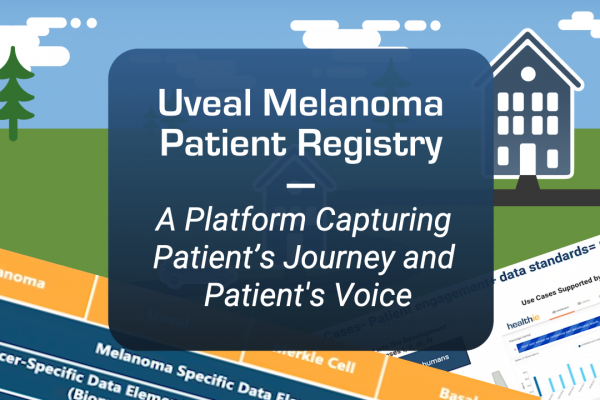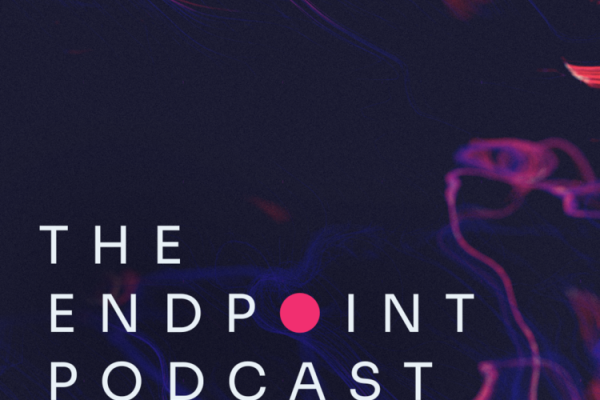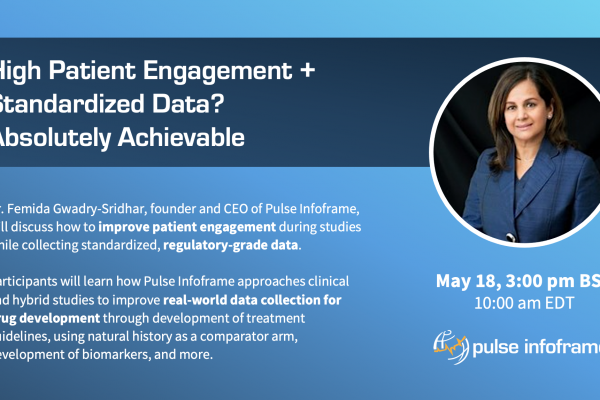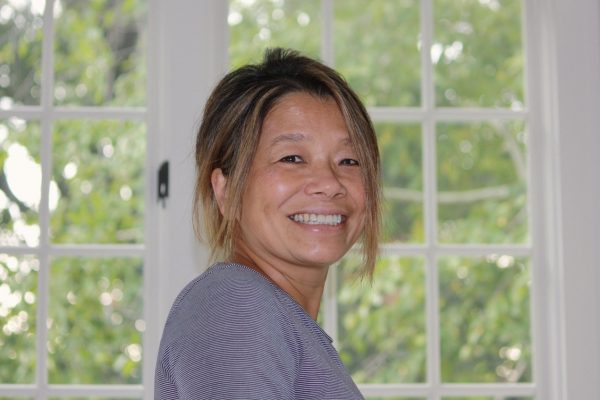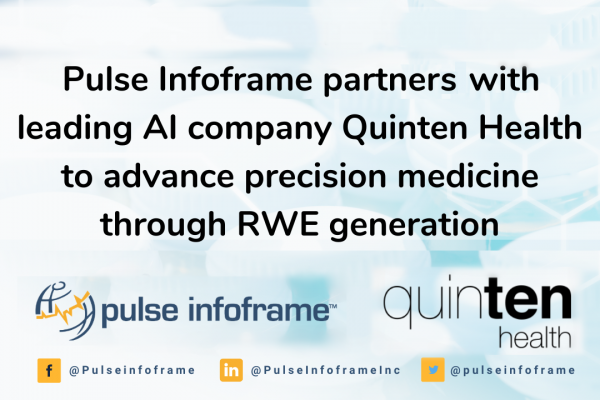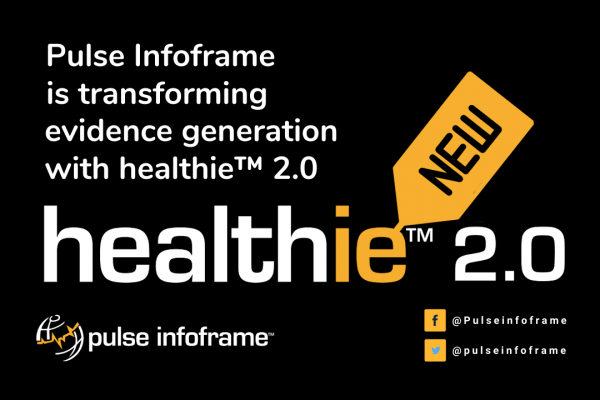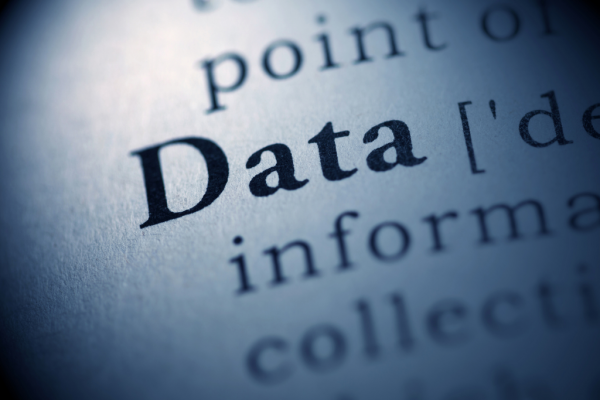https://www.youtube.com/watch?v=awAYAgFhQDE Dr Femida Gwadry-Sridhar, Founder & CEO of Pulse Infoframe, will discuss the first global patient registry for uveal melanoma at the AOMA Summit (11am, 19 June). This registry hopes... read more →
Femida Gwadry-Sridhar joins Liam on this week's podcast episode. Femida is the CEO and Founder of Pulse Infoframe. In this session we explore all things in the real world evidence... read more →
https://www.youtube.com/watch?v=KjYrIVdFG0c Dr. Femida Gwadry-Sridhar, Founder and CEO of Pulse Infoframe, discussed how to improve patient engagement during studies while collecting standardized, regulatory-grade data.
Like a hockey player to a gaping net, Nina Liu was drawn to the gap in important data that could improve the lives of so many: missing real-world evidence in... read more →
Pulse Infoframe & Quinten Health Partner to Advance Precision Medicine Through Real-World Evidence Generation London, Canada; Paris, France (March 23, 2021) — As precision medicine increasingly becomes a reality, there... read more →
Supporting third-party data ingestion, embedded analytics, and consented data access to life sciences, providers, and advocacy organizations London, Canada (March 1, 2021) — Pulse Infoframe Inc., a leader in real-world data and evidence, announces the arrival of healthie™ 2.0, its next-generation evidence platform. Benefiting... read more →
Launching a rare disease patient registry often requires patient advocacy groups to design a registry themselves or pay for an expensive customized solution. With the launch of Rare Central™, Pulse... read more →
Narcolepsy is a sleep disorder whereby the body cannot properly regulate sleep and alertness. Common characteristics include excessive sleepiness, hallucinations, sleep paralysis, and sometimes partial or total loss of muscle... read more →
At Pulse Infoframe, we have a sneaking suspicion about Dr. Femida Gwadry-Sridhar, our founder and CEO. We believe her favorite childhood game was Connect the Dots. Why? Because of her... read more →
To generate evidence, we need to understand the types of data that are important and available within the patient’s “real world”. The generation of useful disease specific data requires an... read more →


